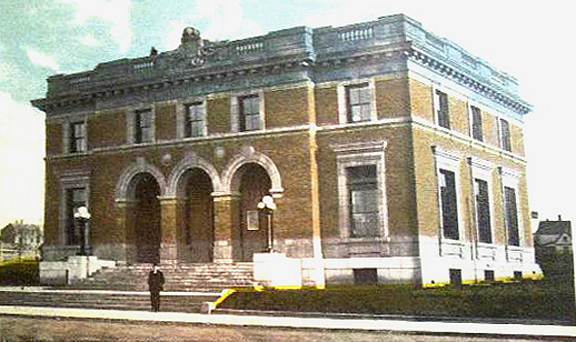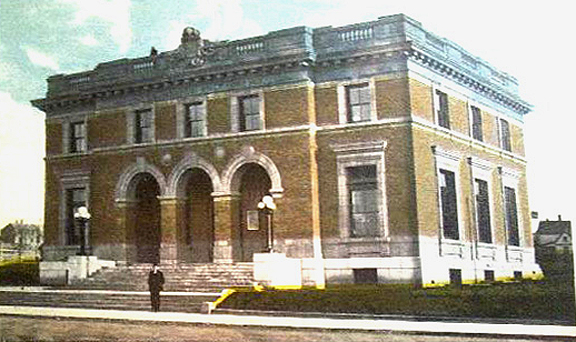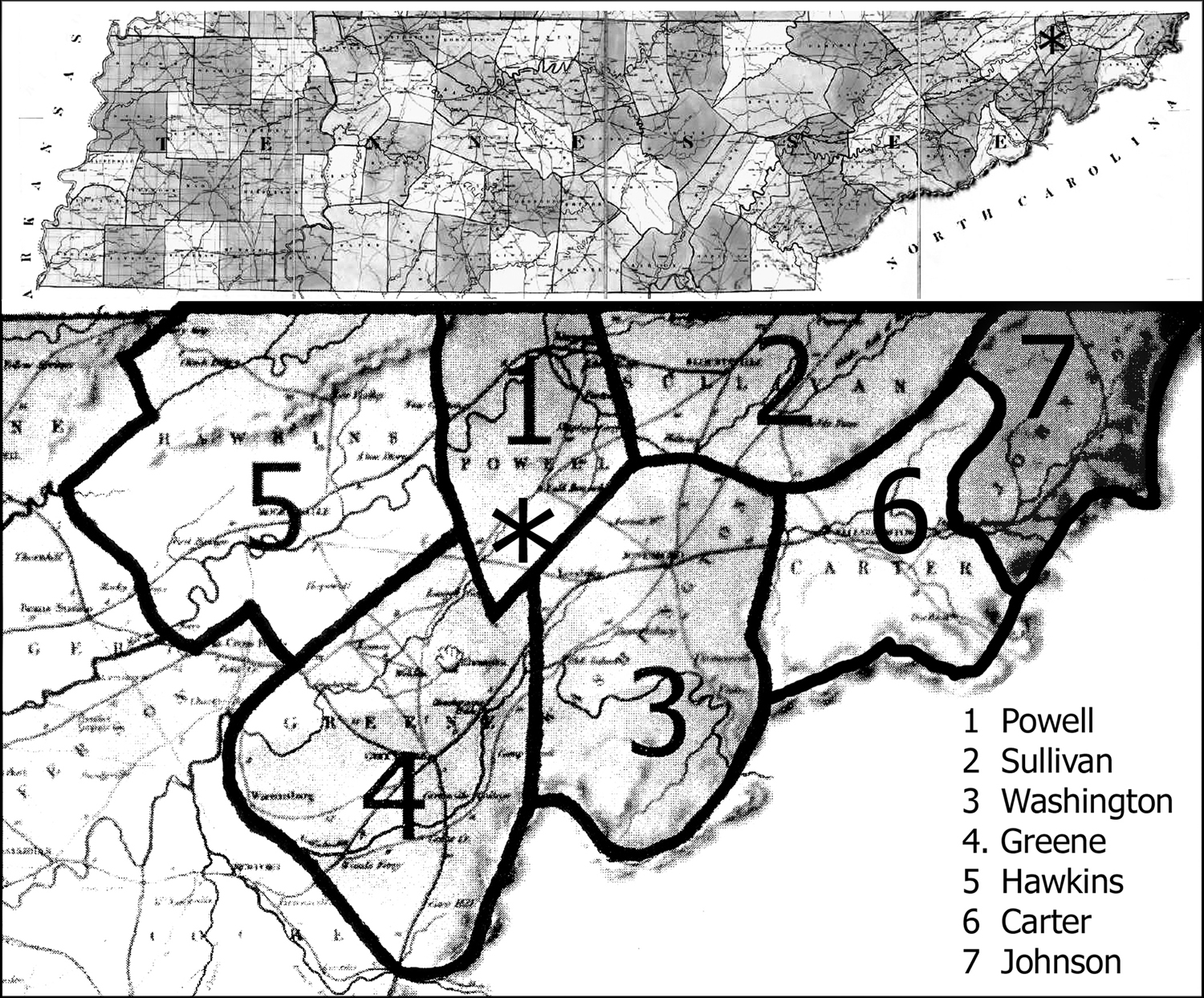It was August 1918 and the world was at war. If the Hun (Germany) was to be trampled to his knees, it had to be done by trained men under the able direction of capable leaders. That year, the Student's Army Training Corps (SATC) was opened to all American boys 18 years of age who aspired to enter college.
The Government was virtually commandeering college campuses for the intention of providing special training to thousands of choice young men who later became officers and technical experts.
King College was designated by the War Department as one of the components of the SATC. A United States Army commissioned soldier was chosen to direct the training of both college and preparatory students who were privileged to this educational opportunity.

The college offered special training in preparation for the United States Signal Services Corps. This included flag signaling, construction and operation of the telephone and telegraph and a special course in wireless telegraphy. Permission was granted by the War Department for the establishment of a wireless station along with instruction in wireless telegraphy as soon as the King College unit was organized.
The following courses were also chosen: chemistry; physics; biology; mathematics (emphasizing trigonometry and navigation); history and government (including the history of modern European nations; their form of government and the cause of the present war); the manual of arms; the school of the soldier, squad and company; intensive drilling; and observation of military regulations).
College students over 18 years of age were enlisted as privates in the Army and received weapons, uniforms and equipment, being given regular pay as a private but without ration allowance. This two-fold education program opened up an attractive field of service to young men for future service in the Army or Navy.
While this unique activity was going on, the World War was very real to people like Sergeant Bob Boren, a soldier located “somewhere in France,” who penned a poignant letter to someone back home named Ike:
“Dear Ike: Your letter came yesterday. I regard a letter from a friend as a precious gift these days as they are getting fewer it seems, but when I look over them, they make a pretty good bunch at that. From what I hear, I guess you miss the boys around Johnson City now. It sure gives proof that Kaiser Bill is going to come down.
“I also notice the American people are doing their best to help the boys and that is what it takes and it does the boys lots of good to know the people are going to stand behind them. I notice you all are doing a great part and that is as good as battles. Ike, I think it is mighty nice of you all to remember me in your prayers and I appreciate it to the fullest extent. I heard that Mack was placed in the 5th class. I imagine he is getting restless by this time. I guess if you were not married with a family to care for, you would be in within 24 hours as everybody feels they owe a part in some way.
“It was mighty nice of you to offer to mail me anything I might need. The government now issues smoking tobacco and also all kinds of cigarettes to sell and we pay no tax on tobacco at all. We can buy all smokes far cheaper than you can and get the same brands. We have to get an order approved before we can get packages. Every time I want a letter, I write about two so as to have a supply on the way. I wrote W.M. Cooley a few days ago for my Shrine card. I have all other cards good for the duration of the war with me. We now have a club here, in fact we rented a house with all its equipment, have six rooms with kitchen and all. It has a piano and all kinds of reading material. It is a model home I will say.
“Big times are to be had over here. Yes, we will have some big games when Kaiser Bill is licked and Uncle Sam won't be so long doing it, I think. Please remember me to your mother. I am as ever, Yours truly, Bob.”
Little did Bob know that those “big games” were coming in about two months, bringing an end to the war.




